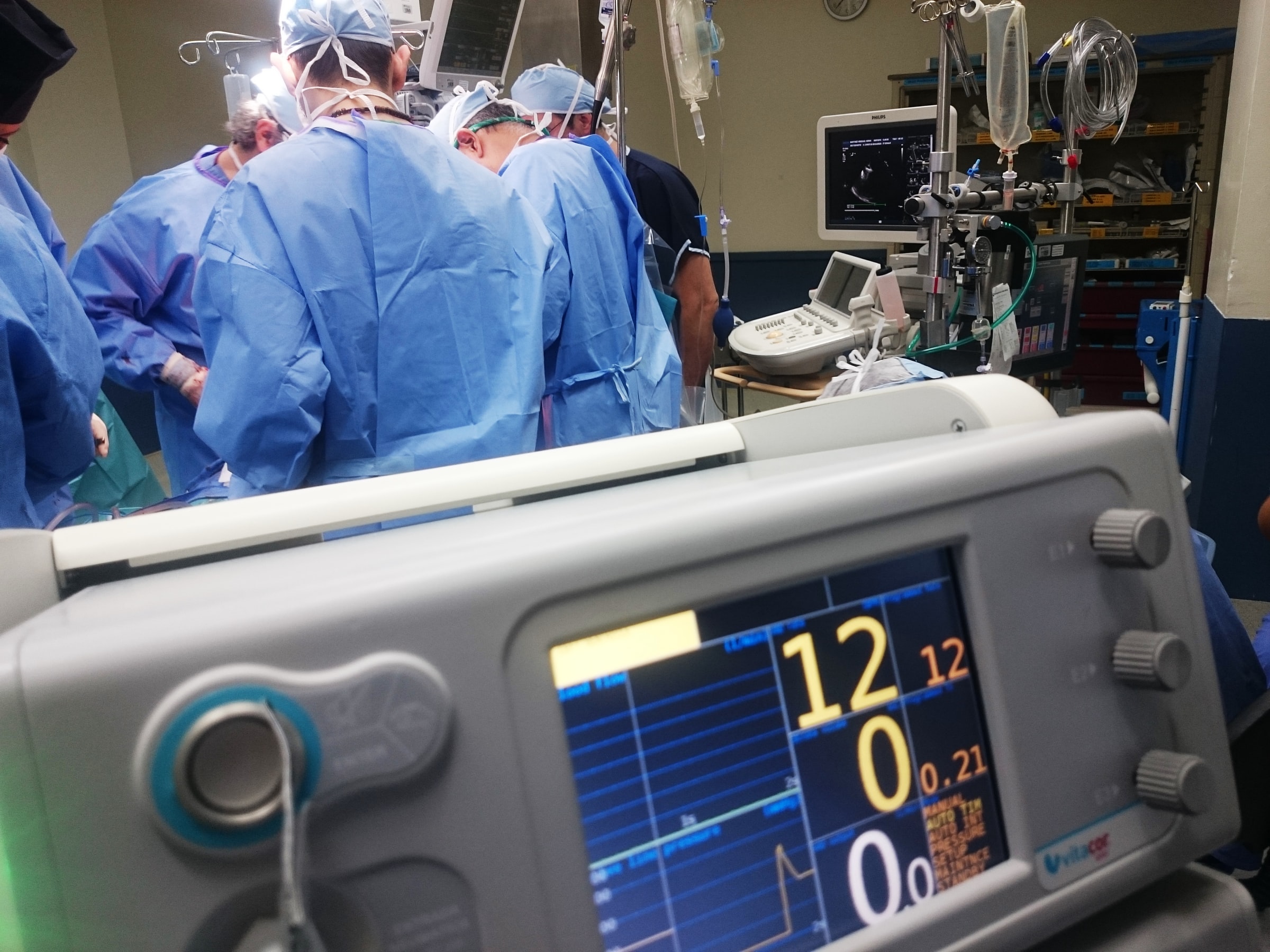LONDON (Parliament Politics Magazine): The Omicron variant creates a near-vertical increase in COVID-19 infections, according to a World Health Organisation official, and there is a “limited window of opportunity” for countries in Europe to prevent their health-care systems from being overloaded.
That window may have already closed in Spain, France, and the United Kingdom all of which have relatively strong national health programmes.
The newest wave of infections throughout the continent has had a number of implications, including diverting patients away from intensive care units, postponing life-threatening diagnosis, and preventing a full-fledged system collapse.
Two years into the pandemic, with the highly contagious Omicron strain wreaking havoc on public services of all types, many are questioning the robustness of public health institutions that are deemed critical to providing equal care.
Hospital admissions per capita in France, Italy and Spain are currently at the same level as they were the previous spring, when the three nations were under lockdown or other restrictive measures.
For the week ending January 9, England’s COVID-19 hospitalisation rate was marginally greater than it had been in early February 2021, before most citizens were vaccinated. There are also no lockdowns this time.
More than half the population in WHO 53-country region will be infected with Omicron within a period of two months, according to a population health research organisation the Institute for Health Metrics and Evaluation, that is located at the University of Washington.
At public hospitals, this comprises nurses, doctors and technicians.
This week, about 15% of the 13,000 Strasbourg hospital staff were absent. Employee absenteeism is as high as 20% in some hospitals. Patients whose requirements aren’t critical must wait while schedules are developed and changed to fill gaps.
The 26 ICU beds in a public hospital in France are almost entirely taken by unvaccinated patients, who are those who denied care, refused medicine, or demanded ineffective medicines, said Helms.
She turned down 12 admissions requests on Tuesday and 10 on Wednesday night.
“When you have three patients for a single bed, we try to take the one who has the best odds of benefiting from it,” Helms said.





